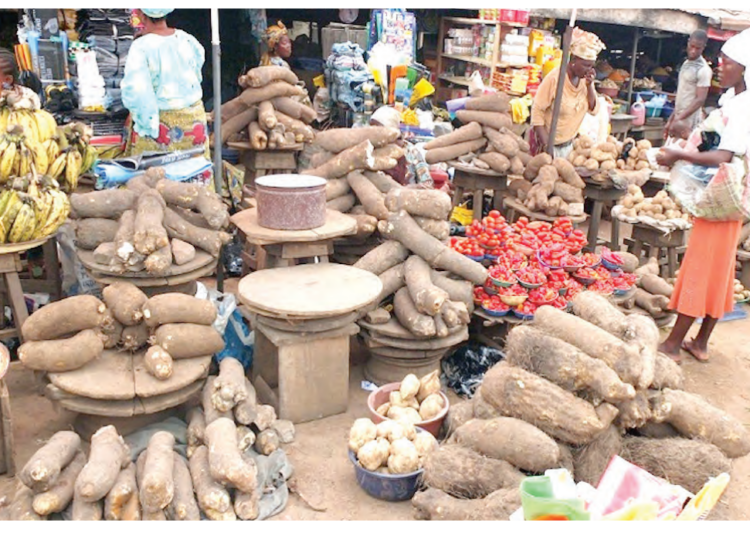Experts in nutrition have sought an end to the current hardship in the country, calling on all tiers of government in the country to employ strategies that could lower food prices so that people will have access to good nutrition.
The experts, Professor Rasaq Sanusi, a renowned human nutritionist; Mrs Ada Ezeogu, a nutrition specialist with United Nations Children’s Fund (UNICEF), and others made the call at the first CS-SUNN lecture series tagged, “Prof Rasaki Ajani Sanusi Annual Public Lecture”, held at the Department of Human Nutrition and Dietetics, University of Ibadan.
Sanusi said, “Government has several strategies to ensure that food is available and accessible.
“In other parts of the world, there are things that their governments do; they tell their farmers to produce large amount of food that they will buy it from them, which is a strategic reserve so that when the price of food is going up, government will make available the ones they’ve bought to bring the price down so that the vulnerable can eat.
“They can also provide inputs or subsidise so that the cost of production can be low in order to allow access to everyone.”
He lamented that there’s no collaboration among stakeholders.
“There’s no collaboration, everyone is in their various domains, and, if only we can collaborate, we’ll have results.”
Professor Folake Samuel, who said she stood in for Mrs Ada Ezeogu, a nutrition specialist with UNICEF, spoke on the topic, “Food Price Inflation and Nutrition Security: Innovative Solution for Low and Middle Income Households in Nigeria.”
She highlighted many factors that could make food prices rise including demand and supply, noting that if there’s a shortage of food but high demand, prices go up. Others, according to her, include cost of production, climate change and currency depreciation.
She advised the governments and communities to boost local food production, support farmers with better tools, seeds, and fertilizers to increase food supply, improve food distribution, fix transportation and storage systems to reduce food waste and ensure food reaches consumers.
The professor also encouraged people to practice backyard and container gardening.
She concluded that the current inflation (26.08 percent) threatens nutrition adding that security policies and household strategies are needed for food affordability.
She emphasised that there should be collaboration between government, private sector, and communities.











